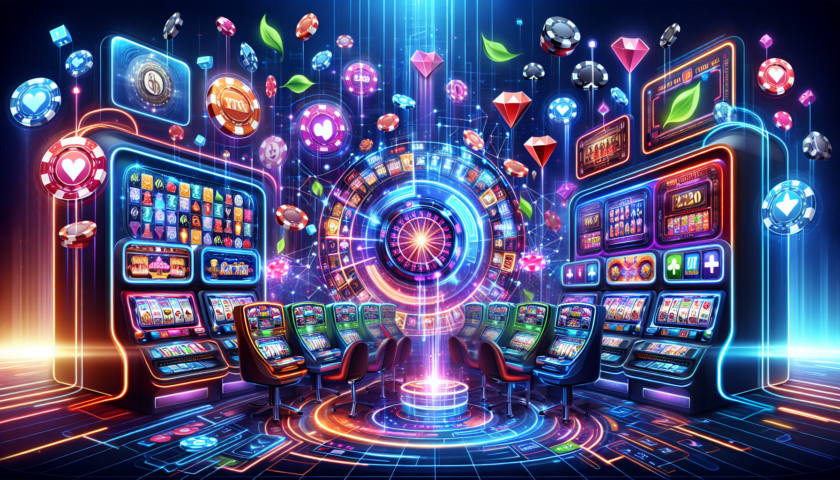Online gaming platforms have transformed the way people interact, entertain, and compete globally. From casual gamers looking for a quick match to professionals engaging in high-stakes tournaments, these platforms have evolved into a multifaceted industry, reshaping the digital landscape. With their growing popularity and a diverse array of offerings, online METEOR189 gaming platforms have become a cultural phenomenon, blending technology, entertainment, and social interaction.
What is an Online Gaming Platform?
An online gaming platform is a digital service that allows users to access, play, and interact with video games through the internet. These platforms host various types of games, ranging from multiplayer online battle arenas (MOBAs), first-person shooters (FPS), and role-playing games (RPGs) to sports simulators and puzzle games. Some of the most well-known platforms include Steam, Xbox Live, PlayStation Network, and mobile platforms like Apple’s App Store and Google Play.
The core feature of online gaming platforms is their ability to connect players worldwide, creating a shared virtual space for competition, collaboration, and communication. With real-time multiplayer capabilities, in-game chat systems, and social features like friend lists and leaderboards, these platforms go beyond just delivering games—they create communities.
The Growth and Popularity of Online Gaming Platforms
The growth of online gaming platforms is closely tied to advancements in technology, particularly high-speed internet and powerful computing devices. In the early 2000s, online gaming was limited to simple browser-based games or basic multiplayer functions. However, as internet speeds increased and console and PC hardware improved, online gaming became more sophisticated, supporting complex games with advanced graphics, realistic physics, and expansive virtual worlds.
In recent years, the rise of cloud gaming has further revolutionized the industry. Platforms like NVIDIA’s GeForce Now, Microsoft’s Xbox Cloud Gaming, and Google’s Stadia allow users to stream high-quality games directly to their devices without needing high-end hardware. This shift has made gaming more accessible, as users no longer need expensive gaming PCs or consoles to enjoy the latest titles.
Mobile gaming platforms have also seen explosive growth, with games like PUBG Mobile, Call of Duty: Mobile, and Genshin Impact attracting millions of players. Mobile gaming has become a dominant force, especially in markets like Asia, where smartphones are more accessible than gaming consoles or PCs.
Key Features of Modern Online Gaming Platforms
- Cross-Platform Play: One of the most significant developments in online gaming is cross-platform play, where players using different devices (PC, consoles, or mobile) can join the same game session. This feature has bridged the gap between different gaming communities and enabled a broader reach for game developers.
- Social Integration: Modern online gaming platforms integrate social media and communication tools, making it easier for players to share their experiences, stream their gameplay, and communicate with friends. Platforms like Twitch and Discord have become integral to the gaming experience, allowing players to create content and build communities around their favorite games.
- In-Game Economies and Microtransactions: Online gaming platforms often include built-in economies where players can purchase virtual items, skins, or battle passes. Microtransactions, while sometimes controversial, have become a major revenue source for free-to-play games. They allow developers to monetize games without charging upfront fees, making games accessible to a wider audience.
- Matchmaking and Competitive Play: Online platforms feature advanced matchmaking algorithms that pair players of similar skill levels, enhancing the competitive experience. Esports, a competitive gaming scene where players and teams compete for prizes, has become a global phenomenon, supported by online platforms that host tournaments and stream matches to millions of viewers.
- Cloud Gaming and Game Streaming: With cloud gaming, users can play graphically demanding games on any device that has internet access, effectively eliminating the need for high-performance hardware. Streaming services like Twitch, YouTube Gaming, and Facebook Gaming have become the preferred platforms for gamers to showcase their skills and build followings, driving a new wave of gaming content creation.
